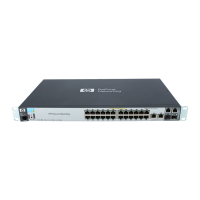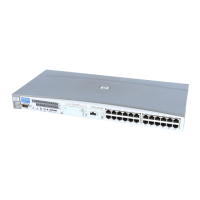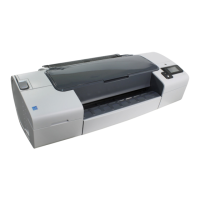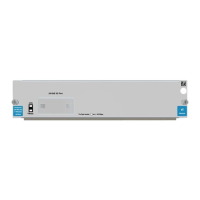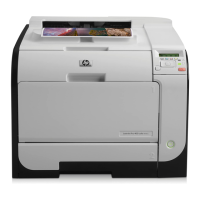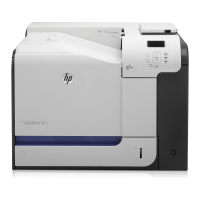Versioning of printer driver shared files
All the files for all the printer drivers on Windows operating systems are located in one folder:
%WINDIR%\system32\spool\drivers\, where <environment> can be W32X86 for 32 bit
processors, IA64 for 64 bit processors, etc.
The HP UPD consists of HP specific files and shared Microsoft files. The shared files are part of the
UNIDRV or postscript architectures. These files are shared by other HP drivers, and printer drivers
from other manufacturers. They can be upgraded at any time by installing a new printer driver from
HP, or other manufacturer, or by installing a service pack, .NET framework, or hot fix from Microsoft.
For that reason, it is important to know the current version of these files on your system, and if the
installations of a driver, service pack, etc, will cause an upgrade. When an upgrade takes place, all
drivers that use those shared files will be impacted, so steps must be taken to verify that all the
drivers that use these shared files work with the latest versions. HP does not support upgrading from .
5 to .6 versioning
To determine the current version of these shared files, use the following methods.
1. Right-click in the Printers folder, select Server Properties, and then select the Drivers tab.
2. To get the currently installed version of UNIDRV.DLL or PSCRIPT5.DLL, select an HP PS, PCL
5 or PCL 6 driver.
3. Select Properties.
4. Scroll down until you see driver file UNIDRV.DLL, or Driver File PSCRIPT5.DLL and click
Properties.
5. If UNIDRV.DLL or PSCRIPT5.DLL do not appear in the list, the driver you selected is an old,
“monolithic” driver that does not use the shared Microsoft components. Select another driver and
try again.
6. Select the Version tab.
7. Select Item name: File Version. The Value: is the version of the file.
The problem described in this section is not unique to the HP UPD. It applies to all print drivers,
including Product Specific drivers and drivers from out competitors. It applies to both monolithic and
Unidrv/postscript based drivers. The HP UPD, however, is the only driver that has the capability to
efficiently address this problem.
In the enterprise, the goal is to standardize on a particular version of driver, deploy it throughout the
enterprise, and stay with that version until business need dictates the need to upgrade. However, due
to many legitimate reasons, different versions of a particular driver will be deployed at any given time.
ENWW Versioning of printer driver shared files 215
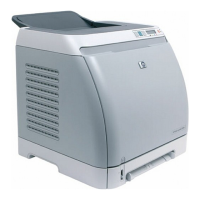
